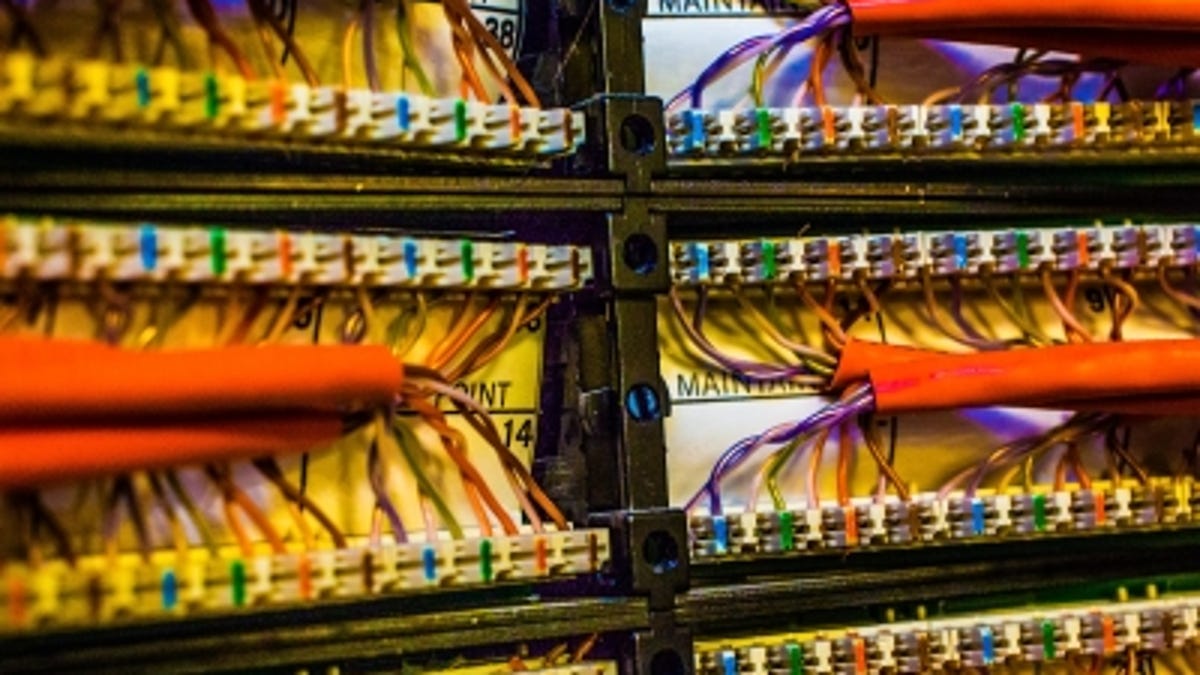Is the Trump administration's re-killing of net neutrality a big deal?
The Justice Department asks the Supreme Court to toss out a decision that upheld the 2015 net neutrality rules. Here’s what it could mean.

The Federal Communications Commission has already repealed net neutrality , but the Trump administration can't leave it there. It also wants the US Supreme Court to remove a ruling that upheld the controversial Obama-era rules.
The petition, filed last week by Department of Justice lawyers, asked the Supreme Court to remand the US Court of Appeals for the DC Circuit's 2016 court ruling that upheld the controversial 2015 regulation, which banned broadband providers from slowing down or blocking access to the internet or charging companies fees to access users faster.
Is this a big deal? It depends on who you ask. Given that the Republican-led FCC repealed the controversial rules in December, the case is moot. The rules no longer exist anyway.
While the request is somewhat unusual, not many cases upholding government regulation are followed by a repeal of that regulation, some legal experts say remanding the decision is just a bit of legal housecleaning.
But net neutrality supporters disagree. They accuse the Trump administration of tossing out the legal precedent to attempt to set up a better scenario in the next legal battle over the FCC's 2017 repeal.
What's at stake in this fight over the 2015 net neutrality regulations isn't only the basic rules of the road for how service providers can treat internet traffic, but also whether the FCC has the authority to regulate broadband networks like a public utility. One of the key things the 2015 Open Internet order did was reclassify broadband as a so-called Title II service under the Communications Act, imposing the same set of strict requirements used to regulate the old telephone infrastructure.
It's this reclassification of broadband and the threat of tighter government control over their networks that got broadband industry's knickers in a knot. Companies like AT&T and Verizon have argued the regulation has hurt investment. The industry sued the FCC over the rules, stating the agency overstepped its authority. But the DC Circuit upheld the decision. AT&T then appealed to the US Supreme Court.
Before the Supreme Court could even decide if it would hear the case, the Republican-led FCC repealed the rules in December 2017. That move led to a series of lawsuits filed by state attorneys general, public interest groups and internet companies supporting the 2015 rules and reclassification of broadband.
If the court grants the government's request to remand the 2016 appeals court decision, it would be like it never happened.
Matthew Schettenhelm, a legal analyst with Bloomberg Intelligence, is in the "this-is-not-a-big-deal" camp. He said the government's move is really about refocusing efforts on these new lawsuits.
"The government is simply telling the Supreme Court that there's no longer a good reason to hear a case about the 2015 net-neutrality, since the FCC already threw it out," he said. "It confirms that the real action now is over the 2017 repeal order."
But net neutrality supporters like Gigi Sohn, who advised FCC Chairman Tom Wheeler when the 2015 rules were passed, argues wiping out the rules could hurt net neutrality supporters' upcoming legal battle to reinstate the rules.
"The petitioners to the new litigation won't be able to rely on the USTelecom decision as precedent, since it will be wiped off the books," she said.
Schettenhelm doesn't believe that vacating the decision will have much effect on the challenges to the FCC's repeal of net neutrality. But he acknowledges that eliminating the legal precedent in that case could make it harder for a future Democrat-led FCC to reinstate utility-style net neutrality rules based on Title II of the Communications Act.
"The 2016 D.C. Circuit decision didn't declare the pro-net neutrality view to be the only way to read the law or the evidence," he said. "It just found it to be one reasonable approach. Vacating won't change the fact that the FCC now must show that its deregulatory approach is reasonable based on evidence in the record."
In fact, he added that "tossing the FCC's old win hurts the agency now."
How? He said the decision, which was really about giving the agency deference in how it classifies broadband, had some "nice language" that could have supported the FCC's argument for reversing course.
"That goes away, too," he said.
Fight the Power: Take a look at who's transforming the way we think about energy.
'Hello, humans': Google's Duplex could make Assistant the most lifelike AI yet.

